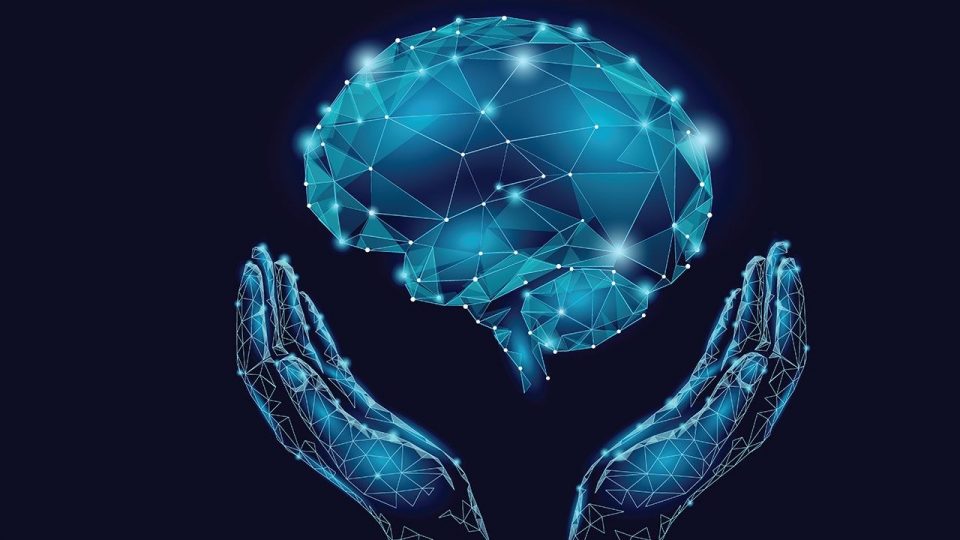Throughout the globe, the public is being informed about the physical impacts of the COVID-19 pandemic and the measures to take to prevent exposure and manage the symptoms of COVID-19 in case they appear. However, little information is given on the impacts of this pandemic on people’s mental health. All efforts focus on understanding the pandemic, transmission patterns, clinical features, and the management of the COVID-19 outbreak. This leaves little concern expressed on the impact on mental health and the measures to prevent stigmatization. This article gives a detailed overview of the effects of the COVID-19 pandemic on people’s mental health.
Overview
The COVID-19 pandemic is not just a medical concern. It affects people and societies, causing anxiety, stigma, disruption, xenophobia, and stigma. The rapid transmission of the virus led to the enforcement of lockdowns to curb the virus’s further spread. Closure of educational institutions, entertainment spots, workplaces isolation, and social distancing consigned people to stay in their homes to help reduce transmission. Therefore, these restrictive measures have had a significant effect on people’s social and mental health from across the board. While taking these measures, governments ought to provide the necessary mental health support as prescribed by experts.
Effects on Children and Teens
Children and teens, away from school, colleagues, friends, staying at home, have many questions and very few answers about the COVID-19 pandemic. Not all parents and children respond to anxiety and stress in the same way. Therefore, children can experience social isolation, distress, anxiety, and an abusive environment that can have both short- and long-term impacts on their mental health. Some common behavioral changes in children can be:
- Increased sadness, worry, or depression
- Difficulties with attention and concentration
- Excessive crying and annoying behavior
- Changes in eating habits
- Unexpected headaches and pain throughout the body
- Changes in or avoiding activities they previously enjoyed
To help mitigate these behaviors, parents need to remain calm and deal with the situation wisely. They can answer the kid’s questions as best as they can. Also, parents can also share some positive information, figures, and facts about the pandemic. Besides, they can also reassure the children that they are safe at home and encourage healthy activities such as physical and mental exercise and indoor games.
Seniors and People with Disabilities
Seniors are more prone to the COVID-19 virus because of both clinical and social factors like underlying health conditions, a weaker immune system, and isolation from their friends and family due to the busy schedules. In particular, physical distancing has drastic negative impacts on the mental health of the elderly and disabled people. It can cause distress, anxiety and induce a traumatic event. The elderly depend on the younger ones for support and daily needs. Therefore, self-isolation can significantly damage the family system. Some common changes in the elderly include:
- Change in sleep habits
- Change in eating habits
- Irritating and shouting behavior
- Emotional outbursts
WHO advises that family members frequently check on the elderly and those with a disability within their homes and nursing facilities.
Health Workers
Paramedics, nurses, and doctors working at the front-line to fight the COVID-19 pandemic are more prone to mental health symptoms. They’re always fearing contracting the disease, unavailability of supplies and protective gear, long working hours, patient load, isolation from family and friends, and colleagues’ death takes a mental toll on these health workers. Consequently, their working efficiency might dwindle gradually as the virus prevails. They should take short breaks between works and handle the situation calmly.
Stigmatization
People released from quarantine can develop a mixture of emotions and experience stigmatization. People who recovered recently may have to exercise social distancing from relatives and friends to ensure the family’s safety. However, different people respond differently, and this can have both short and long-term impacts on mental health.


